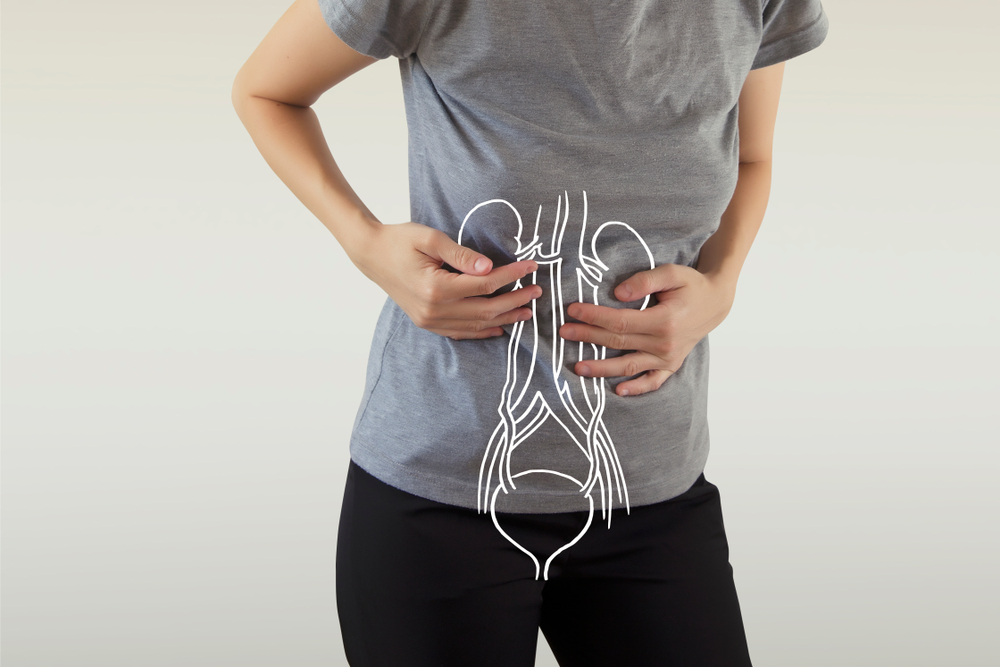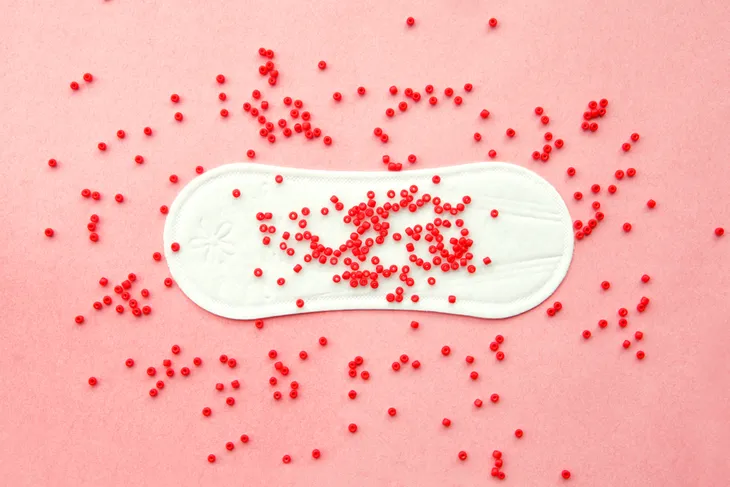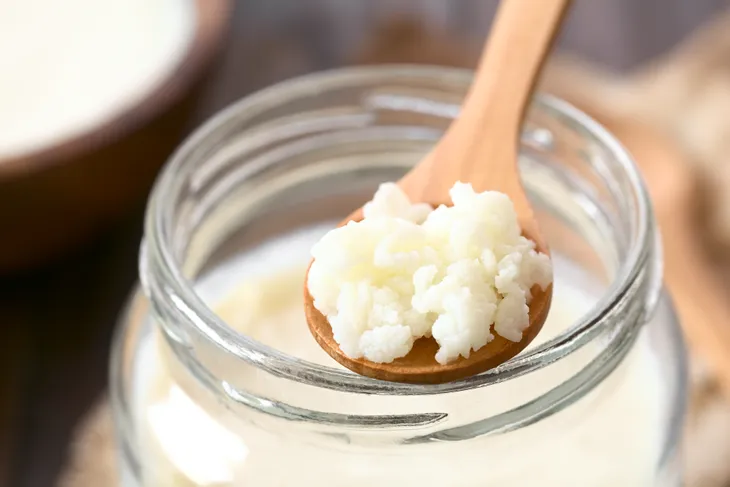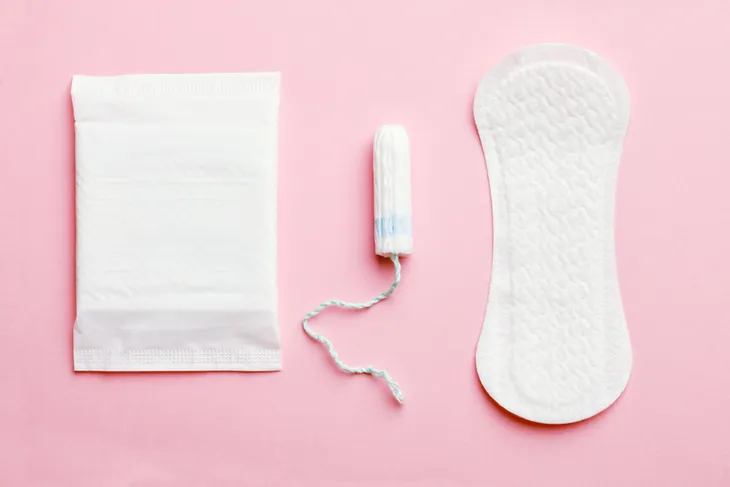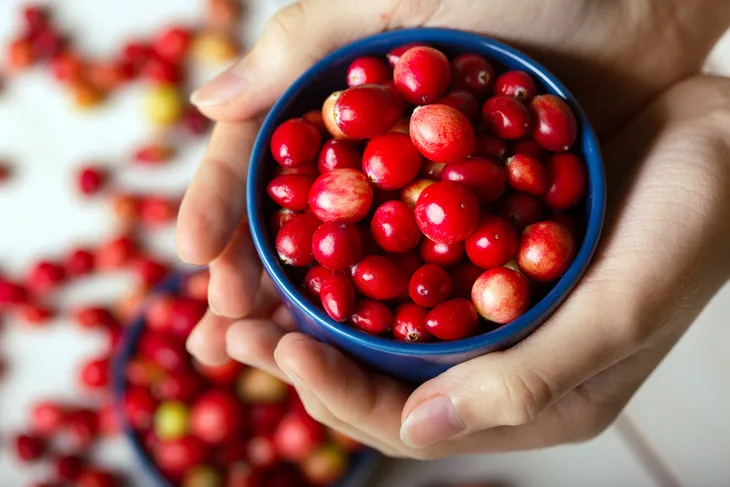A dull ache and heaviness in your lower abdomen and an urgent need to rush to the washroom may indicate a urinary tract infection (or UTI). If you are one of the unlucky women who suffer from frequent UTIs (two or more within a six-month period), you can do your part to prevent the growth of E. coli bacteria (which causes a UTI) in the urinary tract.
Give your body a germ-fighting boost with these eight UTI-prevention tactics…
1. Use Unscented Bath Products
Women vs. men are already at a disadvantage when it comes to developing a UTI due to the fact that the female urethra (the little tube that links the bladder to the outside of the body) is shorter. However, you can reduce the risk of irritation and bacteria buildup around the urethra by using unscented or non-perfumed bath products that may make contact and encourage a urethra infection.
2. Opt for Pads vs. Tampons
Tampons are convenient during your period—particularly if you workout. However, using sanitary pads as much as possible rather than tampons during menstruation can help to prevent a UTI. How? Tampons can create an easy entryway for bacteria to enter the body and aggravate the urethra while sanitary pads aren’t actually inserted into the body.
3. Wear Breathable Clothes
Skinny jeans, tights, and panty hose might make a statement style-wise, but unfortunately, they can also set the stage for a nasty UTI. After all, E. coli bacteria proliferate in moist, warm environments, and tight clothing, especially leaving on a damp swimsuit, will encourage bacteria to grow.
4. Wear Breathable Intimates
Lace and silk underwear are sexy, but they don’t offer the breathability that cotton underwear does. Cotton is a natural fabric that allows for airflow to keep your genitalia cool and dry. So opt for cotton undies for everyday wear and wash all of your intimates in a mild, unscented detergent to prevent irritation.
5. Common Sense Hygiene
There’s a reason why your mom always told you to wipe “front to back” after using the washroom. Proper wiping will prevent bacteria from making its way towards, and contaminating, your urethra, especially following a bowel movement.
6. Eat Fermented Foods
While certain bacteria (i.e., E. coli) can cause a UTI, eating fermented foods or those high in probiotic (or healthy) bacteria will encourage vaginal flora balance and reduce the recurrence of future UTIs. If you suffer from frequent UTIs, incorporate fermented foods—such as probiotic-rich yogurt, kefir, and miso into your diet. Drinking plenty of decaffeinated fluids (i.e., water and herbal teas) will also banish unhealthy bacteria in the urethra.
7. Avoid Certain Feminine Products
Speaking of good vs. harmful floral bacteria, certain feminine hygiene products—like body powders, sprays, and douches—can enter the body, upset the balance of healthy flora, and increase the levels of harmful bacteria, making your body welcoming to UTIs.
8. The Power of Cranberry
Cranberry and cranberry juice has long been touted as a super-powered UTI fighter. In fact, research from Canada’s McGill University, in Montreal, Quebec, found that cranberry enzymes actually limit the binding ability of E. coli bacteria, which causes UTIs, so the body is able to flush out bacteria before an infection takes root.
